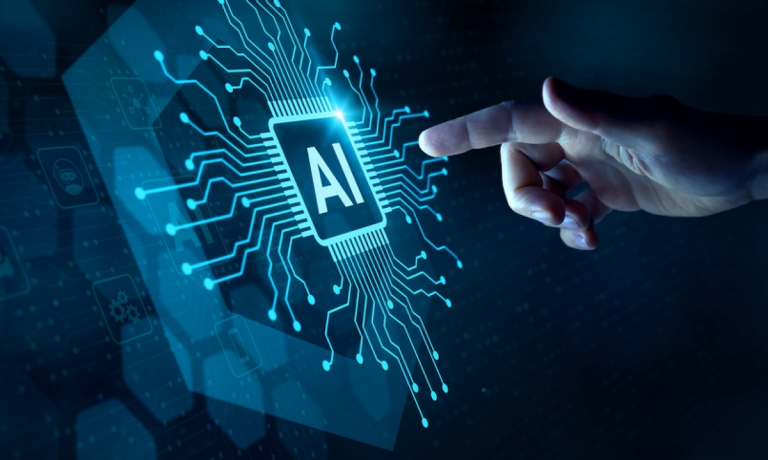
At the VivaTech conference in Paris on Wednesday (May 22), executives from Amazon and Google spoke about the potential of artificial intelligence (AI) and its positive impact on economies and communities.
This comes at a time when regulators worldwide are working to address potential harm associated with technology and establish regulations to govern its use, CNBC reported Thursday (May 22).
Werner Vogels, chief technology officer at Amazon, said AI has the power to solve some of the world’s most challenging problems, according to the report. He highlighted the use of AI in Jakarta, Indonesia, where it is being employed to connect small rice farm owners to financial services and improve the efficiency of the rice supply chain.
James Manyika, senior vice president for technology and society at Google, focused on the potential of AI in the health and biotechnology sectors, the report said. He mentioned a version of Google’s Gemini AI model that is specifically designed for medical applications, and its ability to understand medical context. Manyika also highlighted Google DeepMind’s AlphaFold 3 AI model, which is available to researchers. He further discussed Google’s recent innovations, including watermarking technology to identify AI-generated content.
The discussions at VivaTech took place in the context of the European Union’s (EU) approval of the AI Act, the world’s first major law governing AI, on Tuesday (May 21), per the report. The AI Act adopts a risk-based approach, treating different AI applications differently based on perceived threats.
Major U.S. tech firms, including Amazon and Google, have been actively engaging with regulators and seeking favor with French officials, according to the report. Microsoft and Amazon recently committed to investing a combined 5.2 billion euros (about $5.7 billion) in cloud and AI infrastructure and jobs in France. French President Emmanuel Macron also met with tech leaders to discuss making Paris a global AI hub.
While Big Tech companies are striving to win over regulators, concerns remain regarding their impact on smaller companies and the potential monopolistic control they may exert over AI technologies, the report said. Critics worry about the risks associated with advanced generative AI systems, such as job displacement, copyright infringement, misinformation and harmful content.
For all PYMNTS AI coverage, subscribe to the daily AI Newsletter.